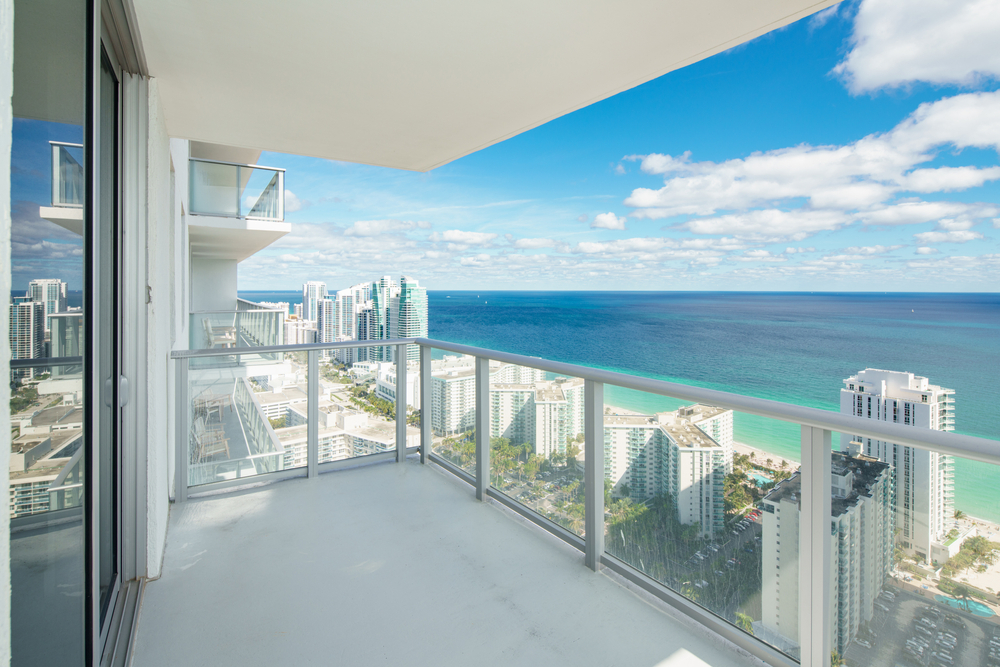BLOG
The firm’s latest “Real Estate Counselor” column in the Miami Herald was authored by Jacob Leuze. The article, which is titled “Horrific Fall Due to Rotted Balcony Leads to Costly Condo Litigation,” focuses on a March ruling by Florida’s First District Court of Appeal and the 2016 incident behind the lawsuit. The case stemmed from a rotted condominium balcony railing that led to a horrible three-story fall, and it was the subject of a recent report by WUFT News in North Central Florida. Jacob’s column focuses on how the station’s article at www.WUFT.org and the appellate opinion illustrate the potentially monumental repercussions that could result from poor maintenance decisions and practices over critical safety elements. It reads:
. . . The station’s report begins by describing how David Casey leaned against the wooden railing of the third-floor condominium that he and his wife had rented in Seacrest on the Florida panhandle in 2016 when it suddenly gave way.
“The next thing I knew, I was falling to the ground,” he said in court testimony, describing how he plummeted into the foliage below.
Casey was left with permanent injuries, and he would later require a hip replacement. Now eight years after that terrible incident, the appellate panel reviewing his case has overturned the lower court’s initial decision in favor of the condominium association and remanded it back for further proceedings.
As court records indicate, there was no question that the railing had fallen into disrepair. It was badly rotted and held in place by only two 30-year-old screws, which were not intended for outdoor use and were rusted.
Most of the defendants have since settled with Casey and his wife. The developer of the 24-unit Mistral Condominium built in 1985 where the accident occurred, and the vacation-rental company and unit owner that rented the residence to the Caseys have all reached undisclosed settlements.
However, the Mistral Condominium Association remains a defendant, and now its ultimate responsibility for the inspection and maintenance of the railing could be determined by the same local circuit court that initially issued a summary judgment in its favor.
The lawsuit alleges the association had a duty to exercise reasonable care in maintaining and repairing the balcony railings. In the initial depositions and hearings, the unit owner, past and present association presidents, corporate representative for the association, and the owner of a construction company that had worked on the building’s balconies indicated they believed it was the association’s responsibility to maintain the railing.
Trial records show that a 2013 painting project and a 2014 inspection revealed wood-rot in the building’s balconies. The association contracted for repairs in 2015 for the north-facing balconies and the first floor south-facing balconies. The contractor recommended that the south-facing balconies on the second and third floors, which is where the Caseys would later stay, should also be repaired, but the association made no repairs after receiving proposals for the job.
The lawsuit asserts that the association was responsible for maintaining the balconies, citing stipulations in the bylaws that it was responsible for maintaining, repairing and replacing parts of the units “contributing to the support of the building.” This included “walkways, decks, stairs, etc.,” and the lawsuit and attorneys contend that the term “decks” includes balconies.
The association alleged it was not responsible because the balcony belongs to the unit owner and is their responsibility to maintain, in accordance with language in the governing documents indicating balconies are considered “part of the condominium apartment.”
The trial court agreed with the association and issued a summary judgment in its favor. In the Caseys’ subsequent appeal, the First DCA appellate panel unanimously disagreed with the lower court’s decision and concluded that the bylaws were ambiguous as to whether the association or unit owner was responsible for maintaining the balcony railing.
The couple’s lead counsel tells the station’s reporter that they remain open to settling with the association, which would stop the case from proceeding to trial.
Given the testimonies from the association’s own witnesses and experts indicating they believe it was likely responsible for maintaining the railings, there is no doubt its attorneys, directors and insurers must now be giving very serious consideration to such a settlement with the couple. One hopes for all its unit owners that the association had adequate insurance to cover such an incident and claim, otherwise the litigation that has reached the appellate level and is now headed for a jury trial could take a heavy toll on its finances that would be borne by the owners. . .
Jacob concludes his article by noting that Florida condominium association directors and their professional advisors should keep an eye on the final disposition of this case. He writes that the Mistral association is now years into expensive litigation due to the ambiguous wording of its governing documents, and the testimony of its witnesses and representatives.
His advice: Associations should always consult with highly experienced and qualified legal counsel for reviews of their documents to determine their maintenance and repair responsibilities. As this case illustrates, cutting corners on repairing and replacing safety features such as balconies and railings could potentially lead to tragic accidents with disastrous ramifications.
Our firm salutes Jacob for sharing his insights into the takeaways from this ongoing litigation with the readers of the Miami Herald.
Click here to access the article on Yahoo News or here to access it in the Miami Herald.

